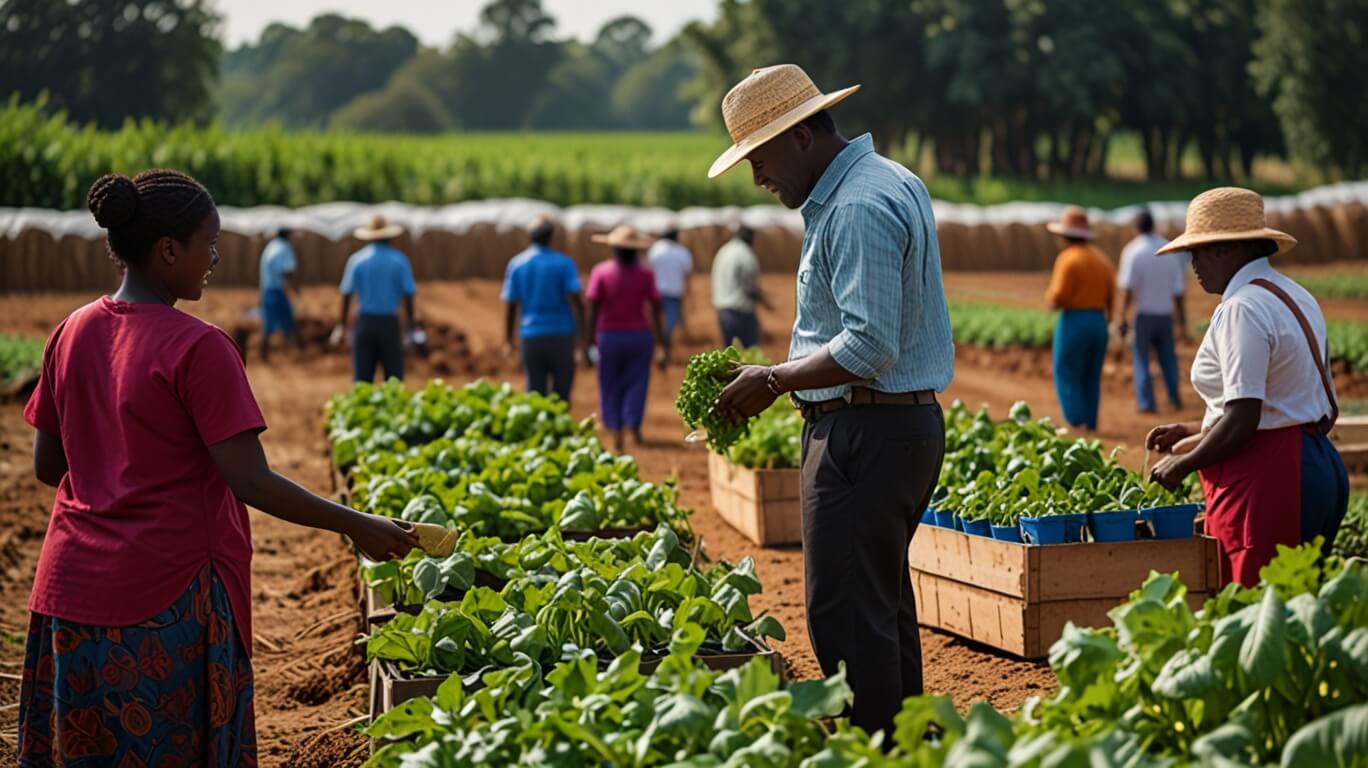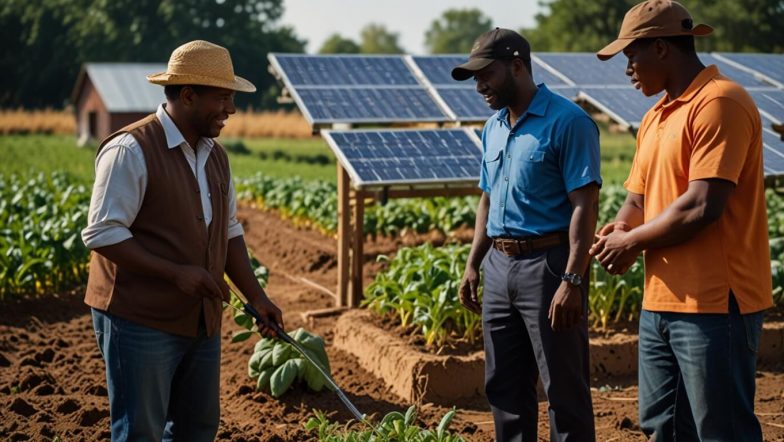As I reflect on the evolving role of businesses in today’s world, I am increasingly convinced that their impact extends far beyond profit margins and shareholder value. Businesses, especially in developing economies like Nigeria, have a unique opportunity—and responsibility—to drive sustainability and build resilient communities.
This is not just a moral imperative but a strategic one. Consumers, investors, and regulators are increasingly demanding that businesses prioritize environmental and social responsibility. And as I’ve seen firsthand, the businesses that embrace this shift are not only contributing to a healthier planet but are also positioning themselves for long-term success.
In my journey to promote sustainability within Nigeria’s food industry, I’ve been inspired by the innovative steps some local brands are taking. For instance, several forward-thinking companies are transitioning from plastic to biodegradable materials for packaging. Cassava starch bags and plantain leaf wrappers are becoming popular alternatives, offering compostable solutions that significantly reduce waste. This shift not only helps reduce the environmental impact of plastics but also sets a precedent for responsible business practices in our beloved country.
Innovation in packaging design is another area where businesses can make a significant impact. Some Nigerian brands are introducing multi-use packaging or designs that require less material without compromising product integrity. This approach not only conserves resources but also encourages consumers to think creatively about reusing packaging.
However, innovation alone is not enough. Educating consumers about the importance of eco-friendly packaging and how to dispose of it properly is crucial. Brands are leveraging social media, packaging labels, and in-store campaigns to raise awareness and foster a community of environmentally responsible consumers. This is a critical step in building sustainable communities, as consumer behavior plays a significant role in driving change.
Collaboration is equally important. Businesses cannot tackle sustainability challenges in isolation. Partnerships with governments, NGOs, and other stakeholders are essential to creating systemic change. For instance, the Nigerian government’s recent ban on single-use plastics in certain states has created an opportunity for businesses to collaborate on developing sustainable alternatives. By working together, we can amplify our impact and create a more sustainable future for all.
As I look to the future, I am filled with hope and determination. The role of businesses in building sustainable communities has never been more important. By integrating sustainability into their operations, innovating for the planet, and educating consumers, businesses can drive meaningful change and create a legacy that extends far beyond their bottom line.






Leave a comment